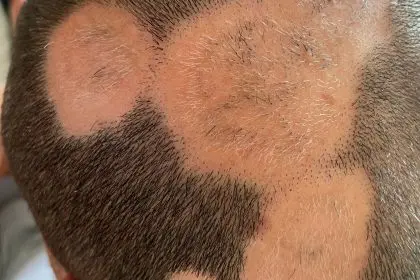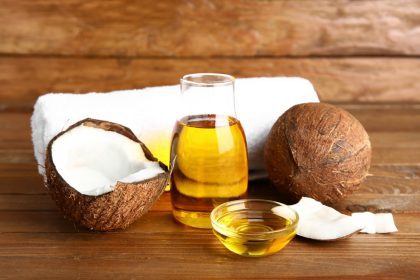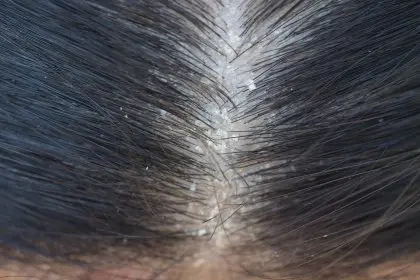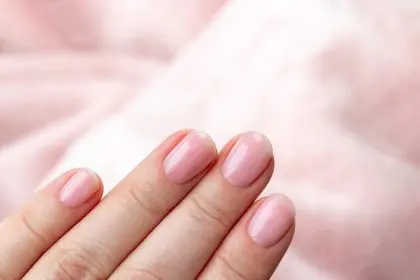The quest for healthy, lustrous hair often leads people to experiment with countless shampoos, conditioners, and treatments. However, dermatologists and nutrition experts emphasize that true hair health begins from within. The foods we consume play a crucial role in providing essential nutrients that support hair growth, prevent breakage, and maintain scalp health. Understanding this connection between nutrition and hair health opens new possibilities for those struggling with common hair concerns.
Understanding biotin’s role in hair health
Biotin, a fundamental B vitamin, stands at the forefront of hair health nutrition. This essential nutrient promotes robust hair growth while maintaining overall scalp health. Eggs emerge as a premier source of biotin, providing a concentrated dose of this vital nutrient in an easily accessible form. Beyond eggs, several other foods offer significant biotin content, including nutrient-dense options such as peanuts, almonds, wheat bran, salmon, low-fat cheese, and avocados. Regular consumption of these biotin-rich foods helps prevent deficiency-related hair problems.
The zinc connection to hair vitality
Zinc plays a vital role in maintaining healthy hair through its influence on hormone balance and hair growth cycles. Oysters stand out as nature’s richest source of this essential mineral. The relationship between zinc levels and hair health becomes particularly evident when examining cases of zinc deficiency, which often manifest as slow hair growth and persistent dandruff. Including zinc-rich foods such as oysters, crab, clams, liver, and lean beef in your diet helps maintain optimal zinc levels for healthy hair growth.
Green vegetables and scalp health
Dark green vegetables contribute significantly to hair health through their high content of vitamins A and C. These nutrients support the production of natural scalp oils, which act as organic hair conditioners. Spinach, broccoli, and Swiss chard stand out as particularly beneficial choices, offering a concentrated source of these essential vitamins. The natural conditioning effects of these nutrients help maintain hair moisture and prevent common problems associated with dryness.
Iron deficiency and hair loss
Iron deficiency represents a significant yet often overlooked factor in hair health, particularly among women. Leading dermatologists, including Dr. Paradi Mirmirani, emphasize the connection between iron deficiency and hair loss. Lean red meat provides a readily absorbable form of iron, making it an excellent choice for maintaining healthy hair growth. Alternative iron sources include turkey, egg yolks, whole grains, dried fruits, and legumes, offering options for various dietary preferences.
Beta-carotene benefits for hair and scalp
Sweet potatoes earn their place in a hair-healthy diet through their rich beta-carotene content, which the body converts to vitamin A. This essential nutrient plays a crucial role in nourishing both hair and skin, helping prevent common problems like dull hair and dry scalp conditions. Other excellent sources of beta-carotene include carrots, kale, butternut squash, asparagus, and pumpkin, providing various options for incorporating this vital nutrient into daily meals.
Essential fatty acids and follicle health
Omega-3 fatty acids prove instrumental in maintaining scalp health by regulating oil production in hair follicles. These essential fats help prevent dry scalp conditions and maintain hair shine and vitality. Cold-water fish like salmon, sardines, herring, and mackerel provide excellent sources of omega-3s, while plant-based options include flaxseeds and walnuts. Regular consumption of these fatty acids helps maintain optimal scalp conditions for healthy hair growth.
Creating a balanced hair-healthy diet
Developing a diet that supports optimal hair health involves incorporating a variety of these nutrient-rich foods regularly. Nutrition experts recommend planning meals that combine different food groups to ensure comprehensive nutrient intake. This approach not only benefits hair health but also contributes to overall well-being, as many of these nutrients serve multiple functions in the body.
Long-term hair health strategies
Maintaining healthy hair requires consistent attention to nutrition over time. While topical treatments can provide temporary benefits, lasting improvements in hair health come from sustained good nutrition. Understanding the time frame required for seeing results helps set realistic expectations, as visible improvements typically emerge after several weeks of consistent nutritional support.
Professional guidance and supplementation
While focusing on nutrient-rich foods forms the foundation of hair health, some individuals may benefit from professional guidance in developing their nutrition plan. Healthcare providers can help identify specific nutritional needs and determine whether supplementation might be beneficial in cases of severe deficiency. This personalized approach ensures optimal results while maintaining safety and effectiveness.

















